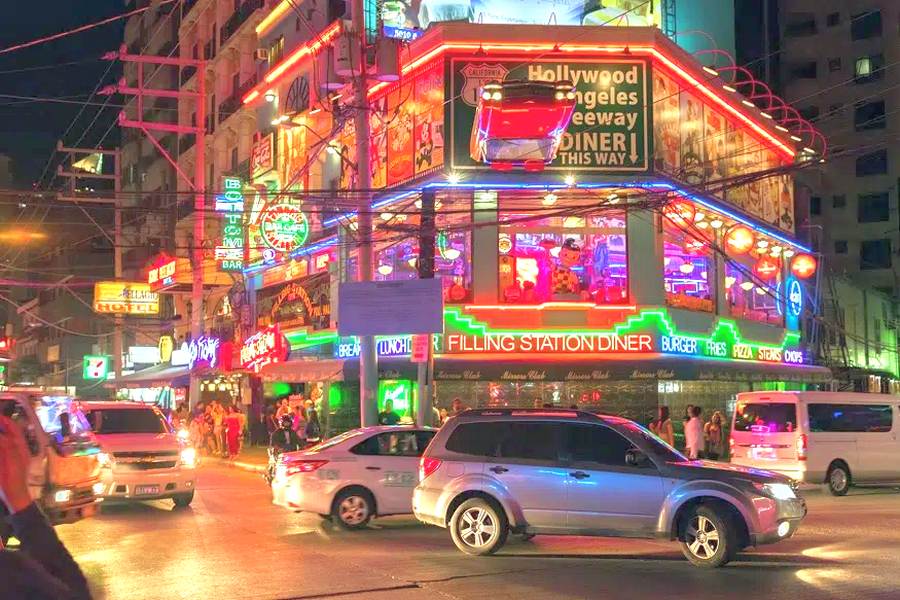
The Philippines is the latest ASEAN country to introduce a Digital Nomad Visa (DNV) in the hope of bolstering tourism and economic growth. Thailand, Malaysia and Indonesia are already firm players and Cambodia seeks to attract under a multi-purpose business visa. Singapore hasn’t specialized in this market, although some of its investment or work-related permits might qualify, whilst Laos has the difficult issue of a sometimes-unreliable internet connection.
Judged against the Destination Thailand Visa (DTV), the Philippines version has both similarities and differences. Both emphasize that the applicant must show proof of remote work using digital technology outside the country. Employment inside the country a complete no-no. Whereas Thailand requires proof of a 500,000 baht (US$15,000) bond, the Philippines seeks only “sufficient income generated outside the country”.
Both countries require the application to be made at their own embassies or consulates abroad. But the Philippines demands that your country of nationality must similarly offer digital nomad opportunities to Filipino nationals as a mutual goodwill gesture. Thailand wisely has no similar rule as it can easily lead to confusion about the nomenclature of various visas. The Philippines’ model requires the provision of a crime-free certificate, presumably from the applicant’s home country, and health insurance – neither figuring in the Thai DTV regulations.

The multi-entry Philippines DNV lasts for one year, although it can be extended for a further 12 months if external “digital nomad work continues”. It appears that further extension to a third year is not possible on information so far announced. The multi-entry Thai DTV, of course, lasts for five years with each entry guaranteeing a 180 days block of time, if needed. In theory, the 180 days can be doubled to 360 days by applying for an extension at local Thai immigration, although most DTV holders have reported the route is troublesome. In any case, most remote workers seem satisfied with six months maximum before leaving and returning.
The application fee for the Philippines DNV has not been announced. The Thai version is a minimum of 10,000 baht (US$300) payable to the Thai embassy of application. The Philippines has not yet opened applications and has a great deal of detail to fill in. Manila could learn a lot from the Thai experience – especially the fact that one Thai embassy may annoyingly differ from the next in interpretation of the so-called rules – but the Filipino drafts are not encouraging.
The Philippines may well offer the best beaches in south east Asia, provide a vibrant culture and lay on a great nightlife. But wannabe remote workers will be examining the small print to discover which regional country actually has the best deal for their cash. If president Bongbong Marcos wants to help reshape the global travel and work landscape as stated, he needs to concentrate on the missing detail and take into account the regional competition. It’s actually quite stiff.










